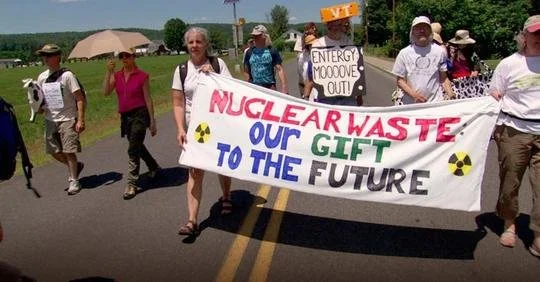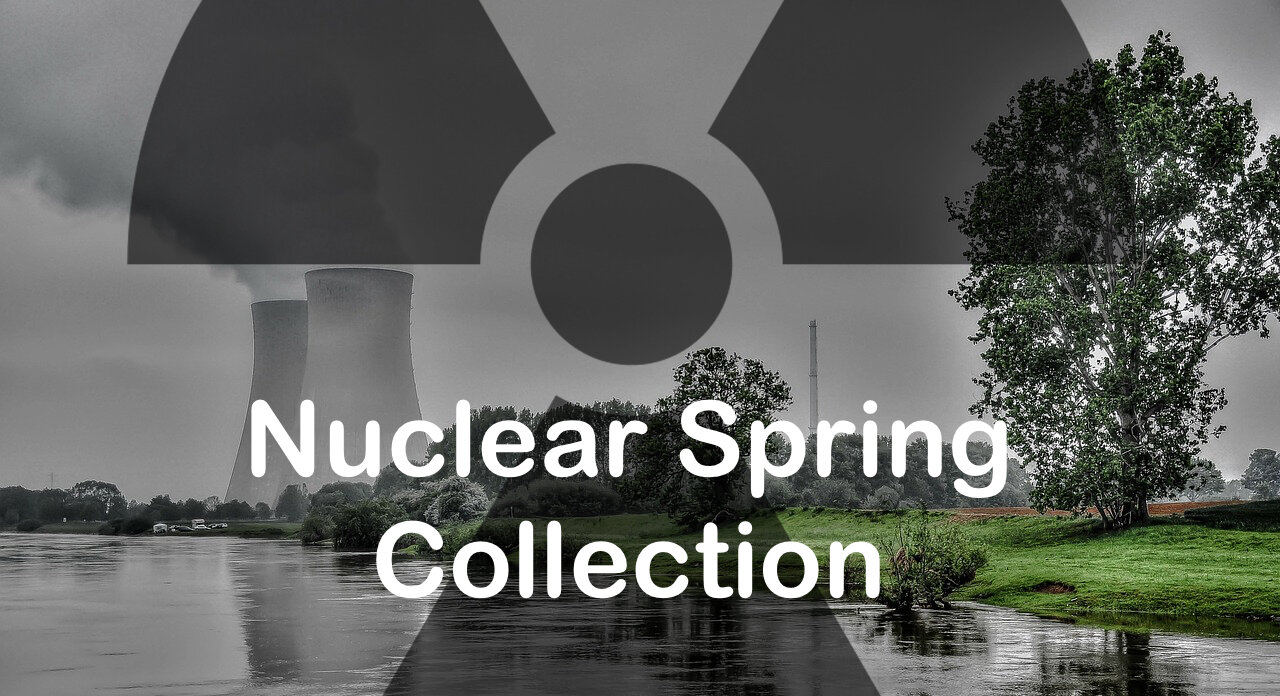Ukraine: Vulnerable Atomic Reactors Don’t Belong In a War Zone!
/Join us tomorrow night Thursday, March 10th for a timely discussion about Ukraine and the commemoration of Fukushima Dai-ichi. We will examine the dangers of atomic power reactors in a war zone and also talk about how we work with our colleague Dr. Marco Kaltofen to study how minute microparticles of radioactivity spreads…
Read More














